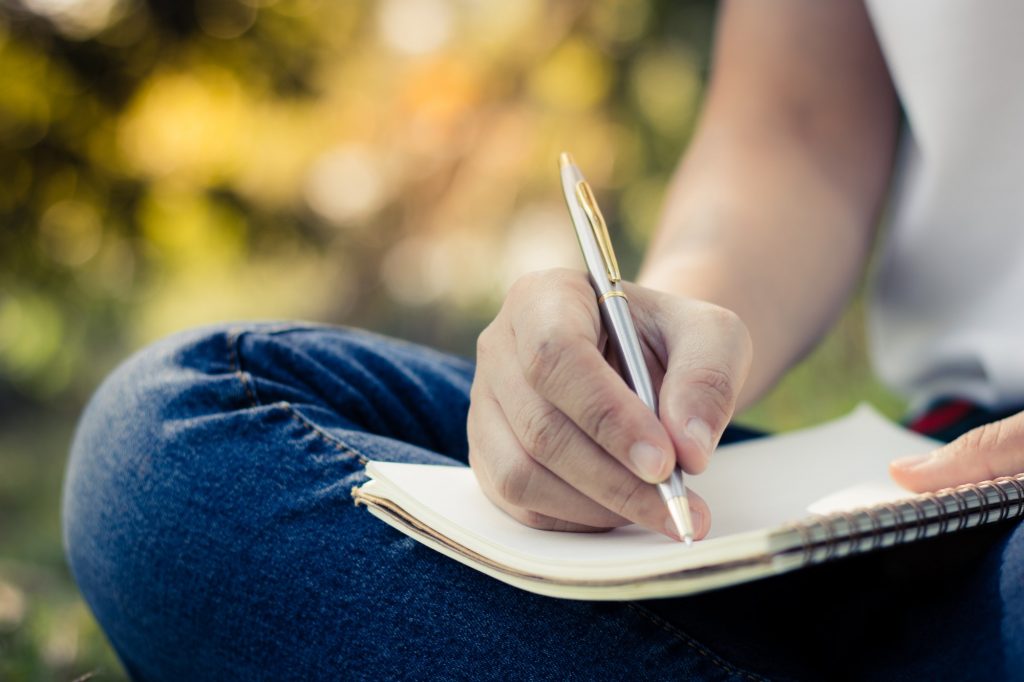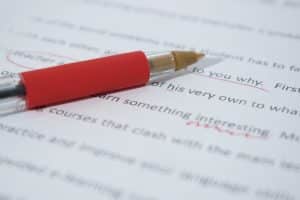Editing Poetry
At first glance, the editing process may seem at odds with the very function of poetry, as well as the metrics that define its quality. After all, what form of writing is more personal? When do standards for grammar and “correctness” still apply, and when are they best thrown out the window? If poetry editors aren’t able to rely on objective reference points to determine what’s correct, should authors even bother finding a poetry editor?
While there’s indeed nothing more personal than poetry, once poets decide to publish, they need to focus on making sure their poetry impacts readers the way it’s intended to. While prose conveys a series of events, with perhaps some attention to the emotional experience of characters, most poetry aims to communicate an intangible feeling. This emotional impact is the most important aspect of publishing poetry, but it’s also nearly impossible for the author to gauge whether their own work will affect readers the way they hope. Harder still to figure out exactly how to tweak the language to ensure that it does.
No author should edit their own work, but the outside input is even more important for poets, who may have trouble seeing past their own concept of what their poetry means. A poetry editor is crucial, not to ensure the language is correct, but to ensure it translates well for an audience and achieves the tone, clarity, rhythm, and impact intended by the author.
Finding a poetry editor
When choosing an editor for a novel, the relationship between the author and the editor is crucial. This is even more the case with poetry. The best editor for one poet may not be the best editor for another. To successfully edit poetry, an editor needs a clear understanding of what the author is trying to achieve with their work. This depends on clear communication, as well as the editor’s background.
First and foremost, authors need to find an editor with poetry experience. Ideally, authors would research exactly what poetry an editor has worked on, to find one with experience editing work of a similar style. In poetry, style can determine the very use of language. Expectations vary greatly between haikus, sonnets, and experimental poetry that makes a point of rejecting conventions. Experience working in these genres will give editors a reference point for readers’ expectations as well as the poet’s goals.
Finally, a trial edit will give you a chance to see how an editor would approach a portion of your work. This is where you get to decide whether an editor understands what you’re trying to achieve. You’ll want to try to strike a balance between watching out for over-editing, which some editors will tend to do, and your own tendency to feel protective (or even defensive) of your creative choices. Poetry needs to preserve what makes it unique, while also resonating with as wide an audience as possible. This is a tough call to make on your own, and it’s one area where it helps to work with a publisher that can act as an objective and experienced intermediary.
Working with an editor
One of the reasons it’s so vital to start from a place of confidence that you and your editor are on the same page, is that once you commit to the editing process, you need to trust and respect your editor. This isn’t to say you can’t disagree with certain changes, but it’s important to trust the editor’s experience and perspective. Accepting criticism can be especially hard for poets, whose work is so close to their heart, and editors can rarely point to an objective rulebook to explain why a change is strictly necessary. Often, editors will suggest changes to the meter or rhyming scheme, to ensure consistency. At the end of the day, the poet gets to set the rules—but an editor is there to make sure they play by their own rules throughout the work.
When editors call for changes you don’t like, try to move beyond your gut reaction, to ask yourself exactly why you’re inclined to reject the change. Is it about meter, meaning, sound, or the use of a literary device? This is important first to determine whether your reaction is reasonable—whether you’re simply personally attached, or whether you really think a certain element would contribute to the readers’ experience. It’s also important because communication with your editor is crucial. If you reject a change, don’t simply tell the editor you don’t like it—tell them exactly why. They may have a third option that addresses both of your concerns, and good communication will help them understand your work and goals more broadly.
Editing poetry is all about preserving its heart, understanding its goals, and making sure the execution comes across to an audience. Working with an editor and accepting changes is no easy task, but there’s no reason it can’t go smoothly if you’ve made the right choices when finding a poetry editor.







